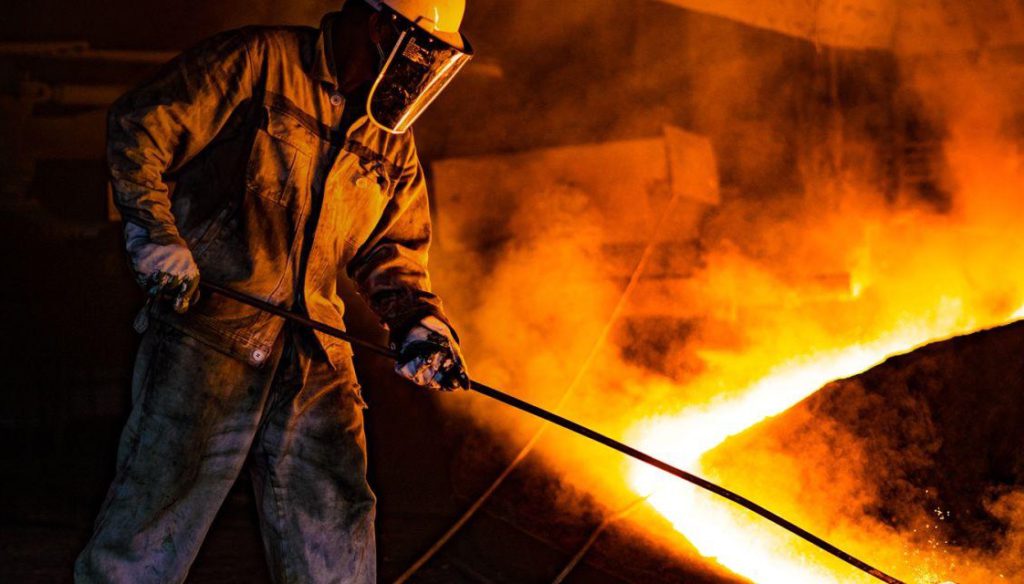Indonesia nickel mining quota delays due to switch back to old system – official

Indonesia’s mining quota distribution has been delayed having reverted to an older approval process due to an ongoing investigation into illegal mining, a senior official said on Monday, assuring there was sufficient nickel ore for smelters.
Prices of nickel ore in top global producer Indonesia have surged about 10% in recent weeks, local buyers say, with ore production affected by delayed quotas, known locally as RKAB.
Indonesia’s Attorney General’s Office is investigating a former senior mining official, alleging his easing of a quota approval process led to illegal activities that caused 5.7 trillion rupiah ($372.84 million) of state losses.
In the RKAB, Indonesian authorities allocate each miner’s production and sales quota every year, which can be revised when they need more.
“The simplified approval process was considered problematic … Rather than causing more problems, we reverted to the (old) regulation,” Muhammad Wafid, a senior official at Energy and Mineral Resources Ministry, told reporters.
Under the old system, 27 factors need to be reviewed for a quota to be approved, compared to nine under the relaxed process, Wafid said.
Wafid gave his assurance there was no ore shortage for local smelters, adding the quotas approved so far this year should be enough for processing needs.
Dozens of nickel smelters in Indonesia have been rushing to stock up on ore fearing a shortage, pushing up prices of the material, according to a smelter manager, a nickel trader and Mysteel, a Chinese steel consultancy.
Some smelters are raising offers for ore by as much as 15%, said a Chinese trader who buys nickel pig iron from Indonesia.
Indonesia banned nickel ore exports in 2020 to develop domestic processing industries and has successfully attracted investment into smelters producing nickel metals and nickel products used for batteries for electric vehicles.
($1 = 15,288.0000 rupiah)
(By Bernadette Christina Munthe and Fransiska Nangoy; Editing by Martin Petty)
{{ commodity.name }}
{{ post.title }}
{{ post.date }}




Comments